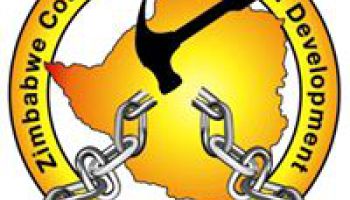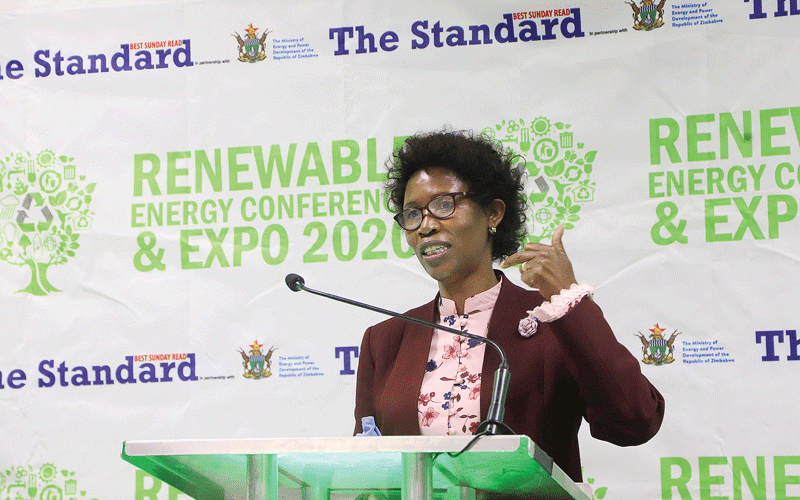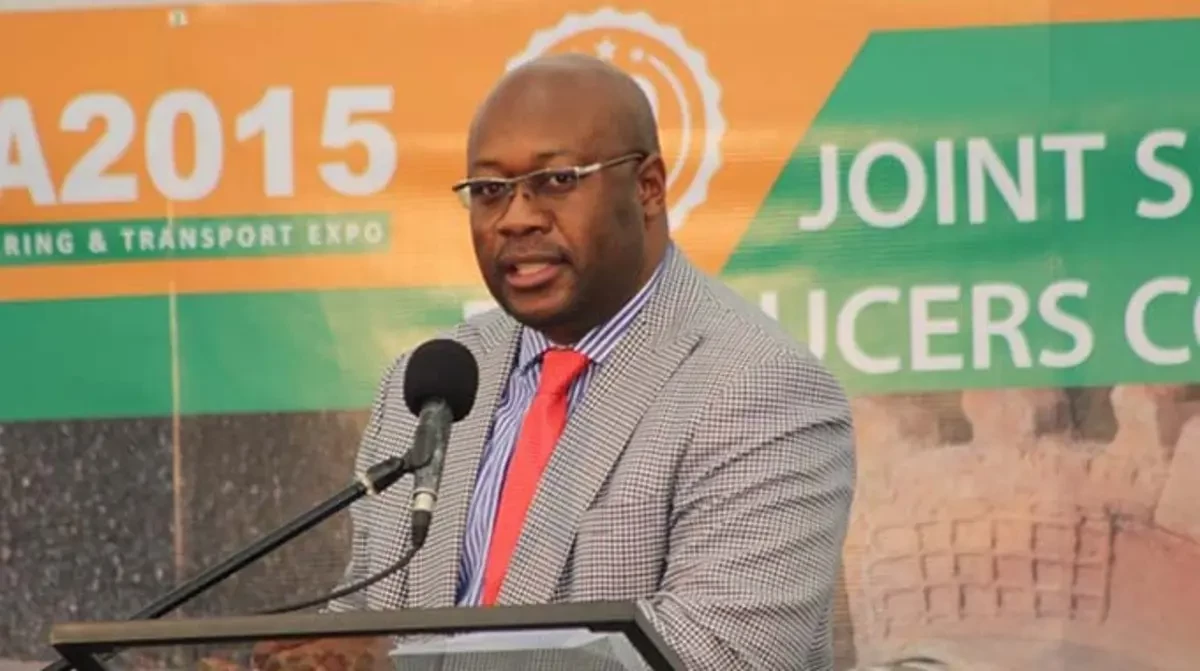
BY VANESSA GONYE
STAKEHOLDERS at the just-ended third annual Zimbabwe Multi-Stakeholder Debt Conference in Harare called on government to enact an inclusive and transparent national debt management framework to foster accountability in use of public funds.
The conference, organised by the Africa Forum on Debt and Development (AFRODAD) and the Zimbabwe Coalition on Debt and Development (Zimcodd), ran under the theme Strengthening Debt Governance in Zimbabwe in the Context of COVID-19.
It was held at a time when Zimbabwe owes internal and external creditors nearly US$11 billion, a situation that has limited government’s ability to fund developmental programmes, as well as other social protection projects, including COVID-19 cushioning allowances.
Different stakeholders recommended that government should follow laws enshrined in the Constitution whenever it enters into loan agreements.
“There is need for an inclusive debt management framework that will encompass a multi-stakeholder approach. Also, national Treasury should table a charter of fiscal responsibility and ensure policy consistency,” part of the recommendations read.
“There is also need for a comprehensive and independent debt audit with increased Parliament participation. Also, all loans must be contracted in line with the provisions of the Constitution and Acts of Parliament.”
The conference resolved that transparency could be improved through the adoption of the International Public Sector Accounting Framework, as well as capacitating anti-corruption institutions like Parliament, Environmental Management Agency (Ema) and the Zimbabwe Anti-Corruption Commission (Zacc).
- Chamisa under fire over US$120K donation
- Mavhunga puts DeMbare into Chibuku quarterfinals
- Pension funds bet on Cabora Bassa oilfields
- Councils defy govt fire tender directive
Keep Reading
“This is so because it is not possible to rein debt when corruption is on the rise.
“Given that some of the debt is assumed from loss-making State institutions and local governments, there is need to improve governance of the aforementioned. This can be done through implementation of office of the Auditor-General reports and recommendations, as well as ensuring the independence of these institutions and local authorities — insulating them from political interference,” the conference resolved.
Government was also encouraged to stop borrowing money for lavish projects for the elite. Stakeholders suggested that borrowing should be for purposes of supporting social service delivery and its value chains.
Other recommendations were that the country should promote value-addition of products and beneficiation of its mineral resources so as to reduce unsustainable extraction and exportation of minerals in their raw form.
Follow Vanessa on Twitter @vanessa_gonye










